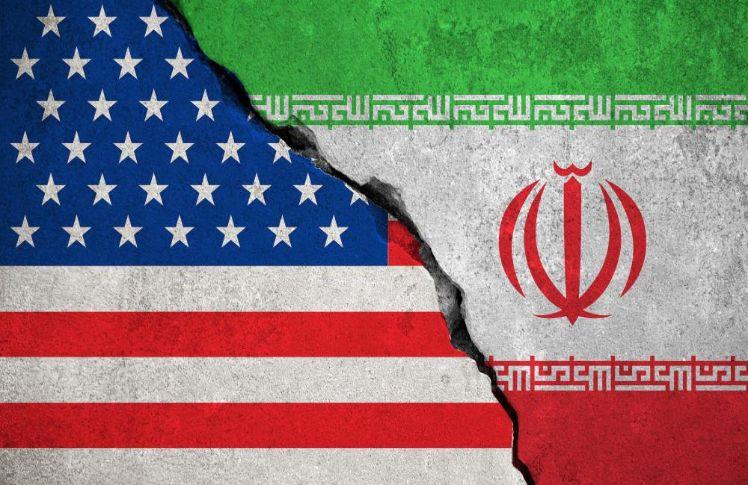
Since the killing of Iran’s Major General Qassem Soleimani in a US airstrike in Baghdad on Friday, the question being asked across the world is: how far will this escalation go, and will it eventually lead to war? Analysts appear to be generally agreed that while Iran will be forced to retaliate, likely against US installations, both sides will be wary of declaring outright war.
How it reached this stage
The US and Iran have already been in confrontation for over a week, with each attack leading to a counterattack. On December 27, more than 30 rockets were launched at an Iraqi military base, killing an American contractor. The US responded on December 29 with airstrikes on sites in Iraq and Syria, killing 24 members of an Iranian-backed militia. On December 31, pro-Iranian militia members laid siege to the US Embassy in Baghdad, trapping American diplomats for more than 24 hours. Then came the US drone strike that killed Soleimani and others.
Retaliation inevitable
The killing forced Iran’s hand, and Tehran immediately warned of retaliation. In fact, on Saturday itself, two rockets hit Iraq’s Al-Balad airbase where US troops are stationed, while two mortars hit Baghdad’s Green Zone that houses the US embassy, the AFP news agency reported. Such a backlash was being anticipated in US installations in Iraq.
While the US has sought to justify the killing of Soleimani by citing the role the general and his Quds Force played in the deaths of Americans over the years, including the death in the December 27 strike, the fact is that neither side has managed to calibrate its attacks in a way that would have forced the other to back down. Each strike has led to a more severe retaliation.
Also, by clearing the killing of Soleimani, President Donald Trump has taken a step his predecessors had avoided. Soleimani had been in the cross-hairs of the US for decades, but neither President George W Bush nor President Barack Obama went so far. According to The New York Times, both Presidents had reasoned that killing Soleimani would only risk a wider war with the country, undermining the US in a region that had already cost plenty of lives.
What kind of escalation
For Iran, the stakes are high, but so are the risks. What kind of balance will Tehran look for?
“It will likely aim for counterattacks damaging enough to convince the United States that killing (Soleimani) was not worth it — a high bar, given his value and the United States’ far superior strength — but not so damaging as to trigger further conflict,” according to ‘The Interpreter’ column in The New York Times.
What that could mean is small, disjointed attacks on the installations of the US or allies in the Middle East. Saturday’s attacks fall under that strategy. But analysts believe Iran will also be conscious that it is more vulnerable than the US, with all the conflict likely to be in the Middle East itself, including within Iran.
That said, Iran’s military capabilities are higher than those of others in its neighborhood. The US might be wary of that. At the same time, analysts believe Iran would require time to put together a working nuclear warhead. That possibility would end if the US chooses to strike Iran’s nuclear installations.
Can it be war?
A lot will depend on how provocative Iran’s inevitable retaliation turns out to be. If these provoke the US into a direct strike on Iran, it can potentially open up the threat of a sustained war.
“While the possibility of an unintended slide to war is impossible to rule out, fears of World War Three —a phrase that trended overnight on social media — are overblown. Russia and China might strenuously object to American attacks, but they are no more likely to join the fight than they were when the United States invaded Iraq or helped to topple Libya’s government,” ‘The Interpreter’ noted.
Leave a comment: (Your email will not be published)